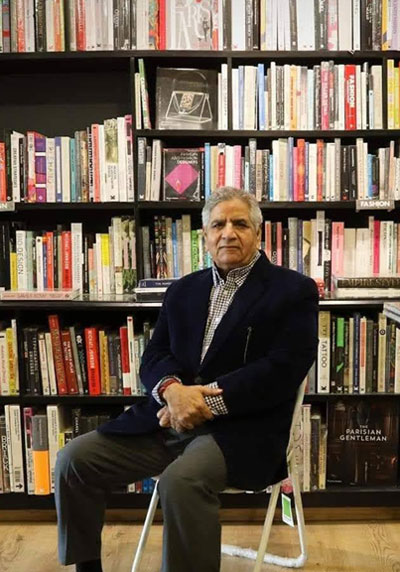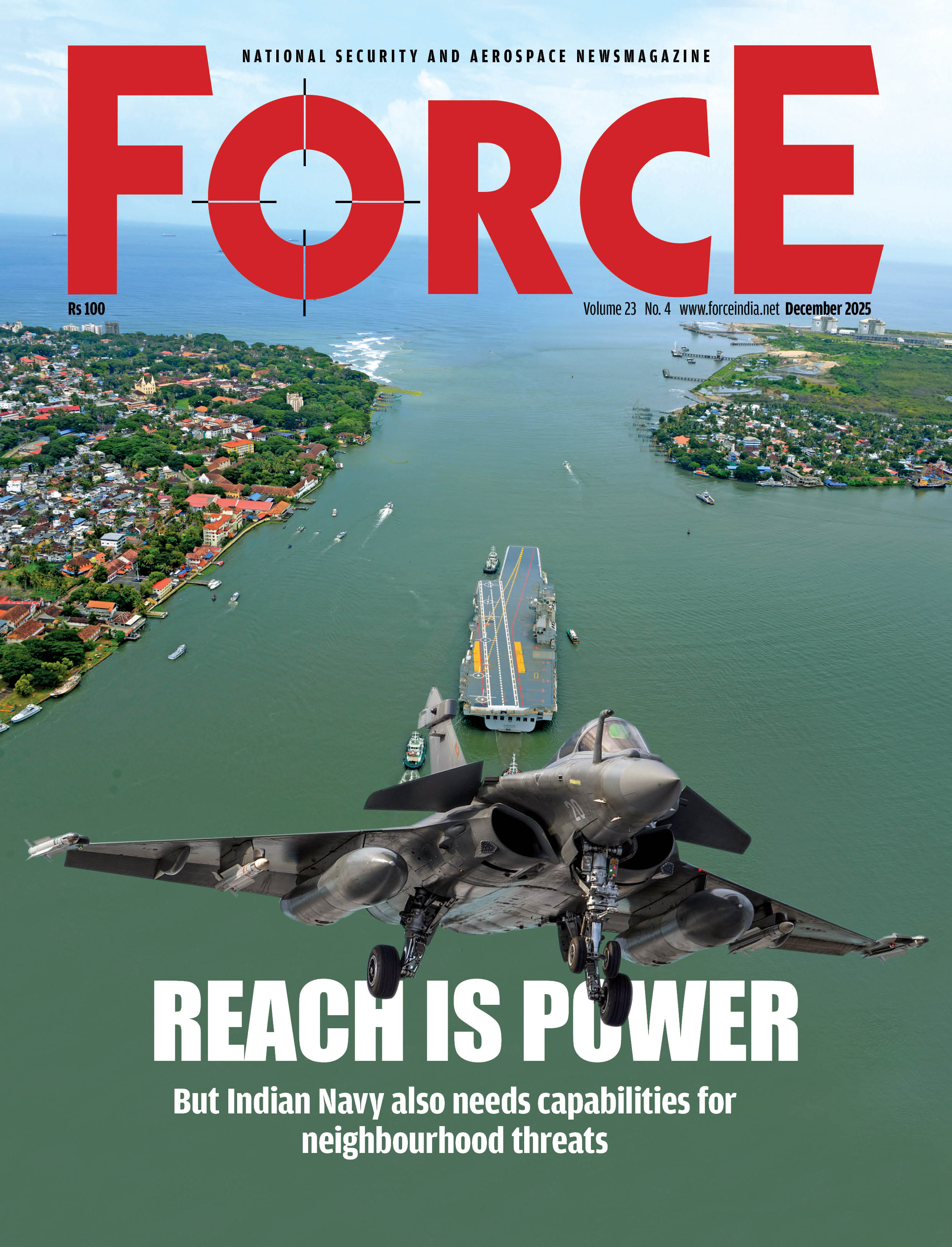‘Don’t Forget That the First Four Navy Chiefs in Independent India Were Britishers and They Led the Indian Navy Until 1958’
Pramod Kapoor, author of 1946: Last War of Independence, Royal Indian Navy Mutiny
What was it about the Royal Indian Navy mutiny that drew your attention and held your interest for so many years?
While researching my earlier book, an illustrated biography of Mahatma Gandhi, I speed read 100 volumes of the Collected Works of Mahatma Gandhi. In volume 89/90 there were letters that Gandhi ji wrote to Sardar Patel and few others in the Congress party. I was intrigued by the content of those letters. Upon further reading, the story started to emerge as something much more than what was usually known. The more I read, the more I discovered and eventually a very poignant, yet very powerful story started to emerge. It kept me on the hunt for more for the past seven years.
Were there moments during this long research when you considered giving it up?
In any long research there are days of hopes and times of despair. The book went through several such patches.
Is it correct to say that post-Independence, neither the Indian nor t
Subscribe To Force
Fuel Fearless Journalism with Your Yearly Subscription
SUBSCRIBE NOW
We don’t tell you how to do your job…
But we put the environment in which you do your job in perspective, so that when you step out you do so with the complete picture.








